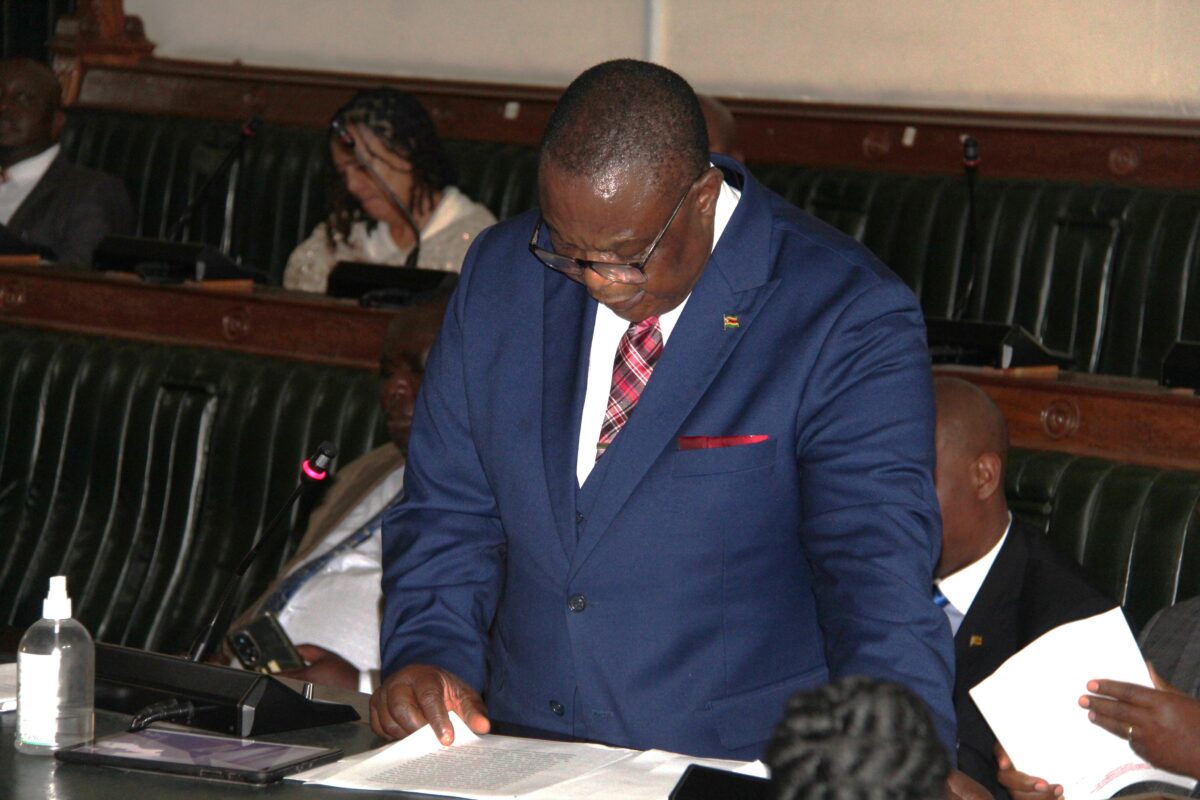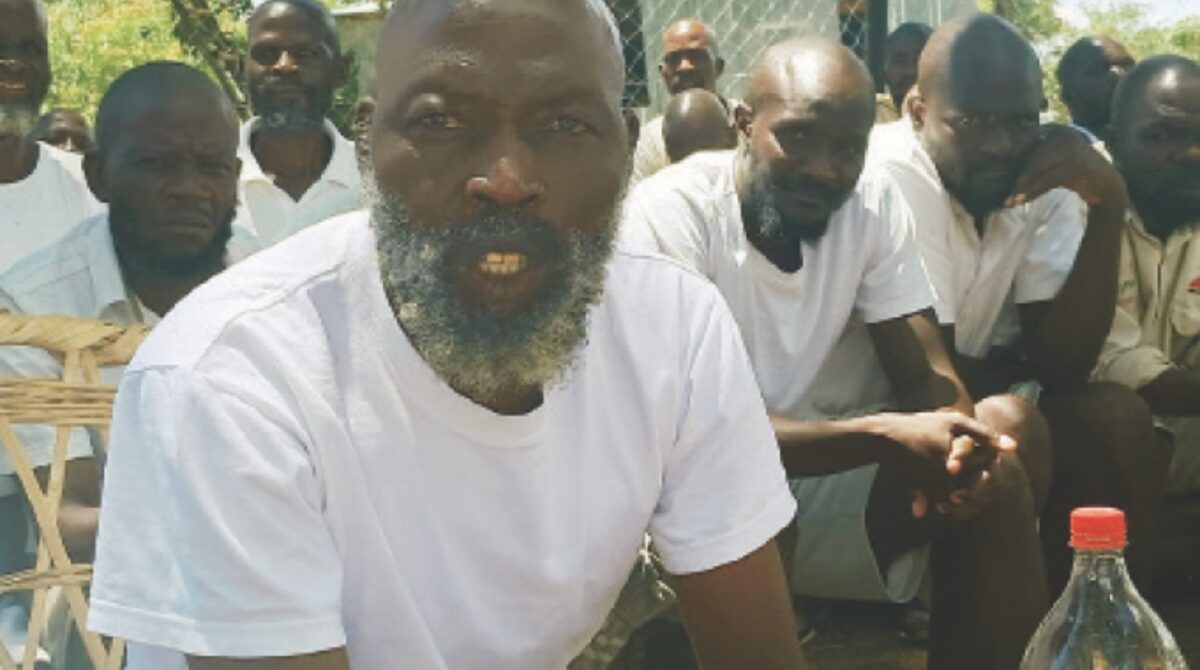HARARE – The Zimbabwe government spends in excess of US$35,000 to train an individual nurse every year, and the country will not let developed nations continue to poach them, vice president Constantino Chiwenga said.
The government is withholding verification letters needed by thousands of health workers to secure jobs outside the country, as it desperately seeks to stem a damaging brain drain.
The letters confirm that the holder of a nursing certificate has qualified as a nurse.
Presenting a ministerial statement in parliament on Wednesday, Chiwenga, who doubles up as health minister, said nurses trained by the government “owe taxpayers” and would only get their certificates after “paying back” through working in government hospitals.
“We engaged the World Health Organisation and other development partners and we mentioned that it costs Zimbabwe US$35,000 to train a single nurse each year they are in training and the training is for three years,” Chiwenga said.
“To train a doctor costs the country US$72,000 each year and their training is for seven years, but we have a situation where those countries that can afford to train their health personnel prefer coming to take our trained health workers rather than training their own.
“It is not the intention of government to enforce the law that will make every citizen stuck for that minimum contract to repay that money which the government would have used in his or her training.”
Chiwenga said future recruitment of health workers trainees would be stricter.
“We are now much cleverer,” he told lawmakers. “There will be some cries that we are no longer being taken for nurse training. We shall vet and then take only people who want to work for the people of Zimbabwe. By the way, the certificates are ours. We issued the certificates. They did not come from their homes with the certificates.”
He said by the end of this year, the government would be paying its health workers well. Low salaries saw 15,000 Zimbabwean health workers trek to the United Kingdom between March 2022 and March 2023 alone, according to official data.
Said Chiwenga: “The low salaries which MPs spoke about, that’s what Zimbabwe can afford now, but I can tell you that by the end of this year, with peace, love, unity and harmony, with all the projects now online and minerals now coming up, we will be paying well – so the most loyal Zimbabweans will come for training either as medical doctors or nurses.
“Those who think the salaries are low can go and find somewhere they can train but I don’t know if they will be able to manage the fees in the countries they want to go and work after giving them the education.”
Chiwenga said as of January 2023, the country had an optimal staff requirement of 51,661 health workers, mostly nurses. Of that number, 44,789 vacancies are filled, and 6,518 are vacant, giving an overall vacancy rate of 13 percent.
In January 2023, the vacancy rate was 17 percent among nurses, 21 percent among doctors, 25 percent for laboratory technicians as well as radiography services, and 27 percent in pharmacy services.
“The health sector unfortunately continues to lose critical health workers to other countries. The average attrition rate for health workers is around 5.2 percent per annum, being higher for nurses (6.6 percent) and dieticians (14.3 percent),” Chiwenga said.
“Consequently, the total number of health workers on the government payroll had declined by 9.2 percent from 50,100 in 2019 to 45,500 in 2021 due to escalated out-migration.”
















